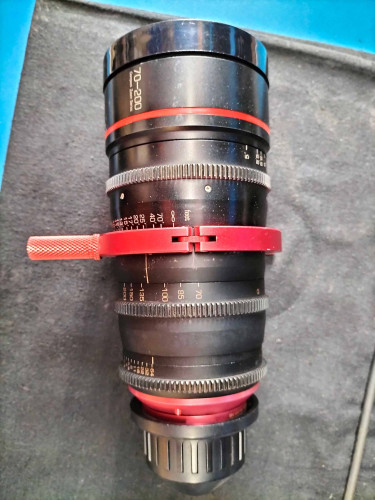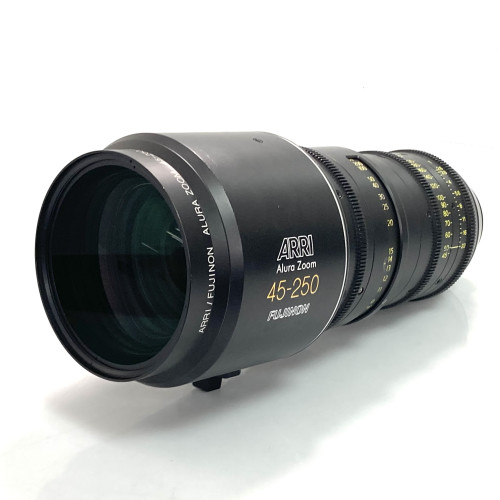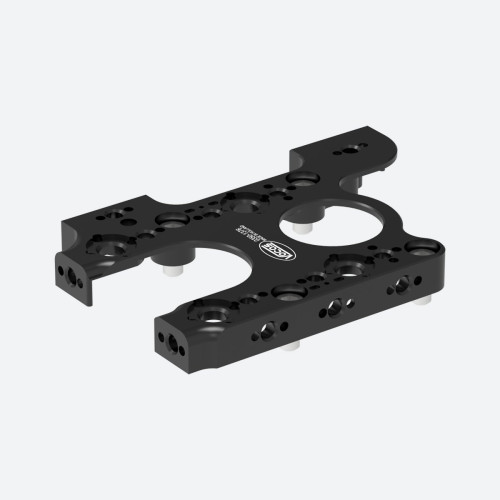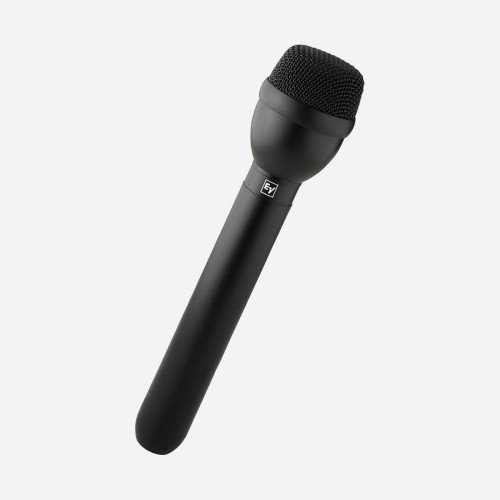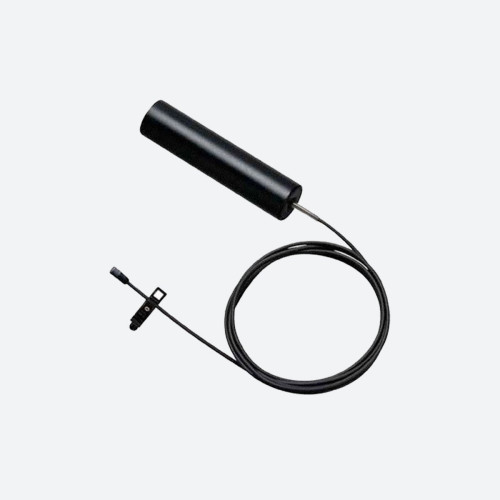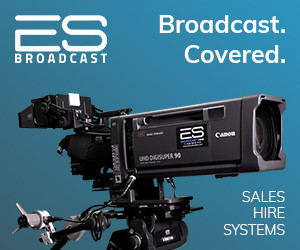by Peter Savage Issue 95 - November 2014
Last week a client, on the lookout for some second-hand kit, asked me about the basic ground rules when buying equipment. How could he be assured that everything was sound, and in an orderly fashion, and that he would be able to gain good title on the equipment? There are two ways to buy equipment: through a dealer and directly from a user, and the rules are more or less the same whether buying through traditional routes or the Internet.
Dealing with dealers
Looking first at buying from a dealer, it is natural to assume that the dealer has clean title. However, in many cases, smaller dealers act as agents for clients; they do not actually pay for the equipment until they have secured a sale. This is similar to second-hand car dealers who might hold stock without first settling the outstanding finance on the cars. In their case, it is relatively easy to check whether there is any finance outstanding on the car as all finance companies register their interest with HPI (a company name based on the original meaning of the acronym - hire purchase information). HPI\'s database of information is available to the public; anyone can search the hire purchase history of a car to assess whether it is a buyable proposition. If the owner of the car is the same as given in the logbook, and the car is clear of finance at HPI, you can be pretty sure there are no monies outstanding and you can have clean title.
As an aside, and sticking with cars and car dealers for the moment, if the log book is still in a private individual\'s name you are entitled to ask the dealer to check the title. If you find there is outstanding finance, you are entitled to ask the finance company to confirm that it has been cleared FINANCEbefore you pay for the car; you are also entitled to settle the outstanding debt yourself. Moving back to equipment dealers, unfortunately there is no easy way (equivalent to the HPI check) to find out whether the equipment has been paid for or if it has outstanding finance. Although the HPI records cover kit, it is not usual for finance companies to register equipment. In reality, then, you have to look at the reputation of the dealer and assess whether it is financially viable.
Company information is easily found, for a small fee, at Companies House (via its WebCHeck service). This service assumes you are conversant with company accounts, and that you understand the differences between small abbreviated accounts and full accounts. If you do: fine. If you don\'t then another option is to use a credit ratings agency (available on the Internet). For a relatively affordable fee, companies such as Equifax and Experian offer various levels of credit rating, and indicate the level of credit you should offer certain companies.
My rule of thumb when dealing with dealers is that you should buy equipment up to the value of their credit limit. For instance, if a dealer is trying to sell you kit to the value of £50,000 and they have been given a £5,000 credit limit then, as they say, caveat emptor - let the buyer beware. Most UK dealers are acutely aware of their credit ratings and work particularly hard to maintain them at acceptable levels for the type of business they transact. Most good UK dealers have strong accounts but, if a dealer doesn\'t have title to equipment and in the process of selling goes bust, then you will be left in a very tricky and potentially expensive position.
Private sales
Looking next at private sale or end user purchases, it becomes a little more complicated. I like to check that the company owns the equipment so I ask to see the purchase invoice. My logic is that, if the company has nothing to hide, and is not a dealer trying to make a profi t from the sale, then surely you should be able to see the original invoice?
In the case of a cameraman selling his camera, it is highly likely he bought it from a reputable dealer. If so, he will gladly share the information - and, probably, moan about the amount by which the kit has devalued. Looking at the original invoice, you can check if it was made out to the cameraman or to a fi nance company - and you are fully entitled to check that the fi nance has been settled and that title has passed back to the cameraman. On several occasions I have seen people trying to sell kit that is owned by a fi nance company. This is usually done through naivete but, regardless, it means you won\'t get clean title.
Safeguard yourself
If the kit is of signifi cant value, I will ask the directors of the company, or the private seller, to state that the kit has clean title. Asking them to add a simple sentence to the invoice (such as "I Joe Bloggs/We the directors of XYZ Limited do personally guarantee and indemnify that this equipment has clean title, no lien and is clear of all encumbrance"), and then personally sign the invoice, normally helps to focus the mind of the seller.
Private sales
All this is, I hope, helpful guidance. But please understand - these are my personal views and are not offered as formal advice though I hope they steer you through the complex world of buying (or indeed selling) second hand kit.
If you would like to know more about buying second hand kit, contact me at peter.savage@azule.co.uk and/or write to the Kitplus editor. To read more of these articles, see our website: www.azule.co.uk




